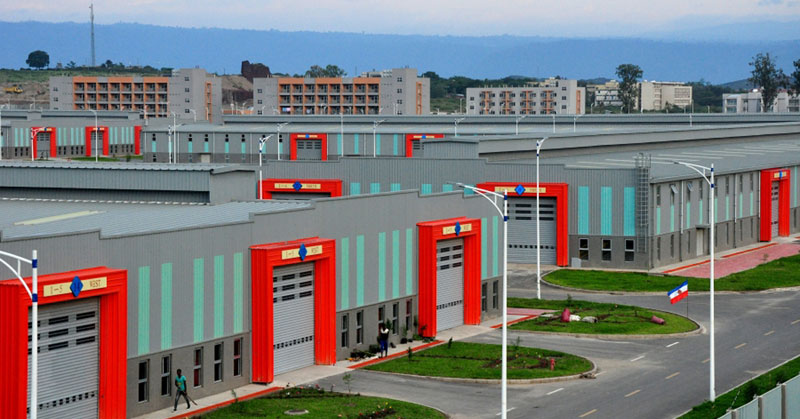If there’s any meaning to the term leap-frogging development, events in Ethiopia best capture the speed with which the country is implementing reforms.
The Government of Ethiopia has taken a dramatic shift from being a major opposer to supporter of GM technology when it became the latest African country to authorize cultivation of biotech crops.
The government of new Prime Minister Dr. Abiy Ahmed has granted two landmark approvals for environmental release of improved pest resistant cotton (Bt cotton) in addition to giving the green light for research on biotech maize. In a letter signed by the Minister for Environment, Forest and Climate Change Gamado Dale to the Ethiopian Institute of Agricultural Research (EIAR), the country will start with two Bt cotton hybrids: JKCH1050 and JKCH1947.
The release of Bt cotton is based on experts’ analysis of the results from two-season confined field trials conducted under the supervision of the Biosafety Affairs Directorate of Ministry of Environment, Forest and Climate change and Biosafety technical working team drown from different institutions that have evaluated the final report submitted by the (EIAR).
The Ethiopian government has identified cotton as a strategically important commodity crop to supply raw material for the rapidly growing textile sector and to generate thousands of jobs along the cotton sub-sector value chain.
The decision is in harmony with the country’s overall industrial development strategy that includes the production of quality cotton to feed its massive garments factories that will be established in its vast new industrial complex.
Faced with frequent droughts, high unemployment, and high levels of poverty, the country hopes to use biotechnology to turn around its fortunes.
On maize, the research institute will commence confined field trials of an event with stacked traits for drought tolerance and insect resistance in partnership with the African Agricultural Technology Foundation. The research permit is for five years.
Ethiopian researchers are also working closely with International Institute of Tropical Agriculture (IITA) on an enset bacterial wilt project, to develop resistant varieties through modern agricultural biotechnology. Enset, an Ethiopian banana also commonly known as the false banana, is a key food security crop. Enset can withstand long periods of drought, heavy rains, and flooding, which normally devastates other crops.
However, bacterial wilt is devastating the crop, hence threatening food security for over 15 million people who depend on it as a staple food.
Thirty years of research efforts by the national system to manage/control bacterial wilt of enset using conventional techniques could not succeed due to absence of resistant clones in the genetic base of the crop.
Ethiopia’s advantage lies in the fact that nearly all the crops that it wants to adopt have been tested in similar climatic conditions such as Uganda.
Although Uganda pioneered and succeeded in developing research in banana bacterial wilt, BT maize and several other GM crops, observers blame anti-science attitudes among the leaders for the delay in the country’s failure to take take the technologies to the millions of smallholder farmers who are battling crop pests and drought.








